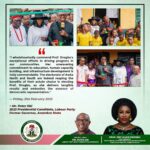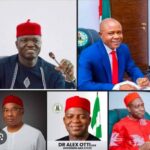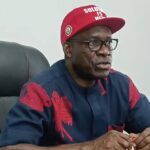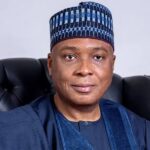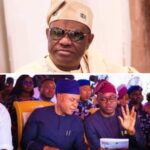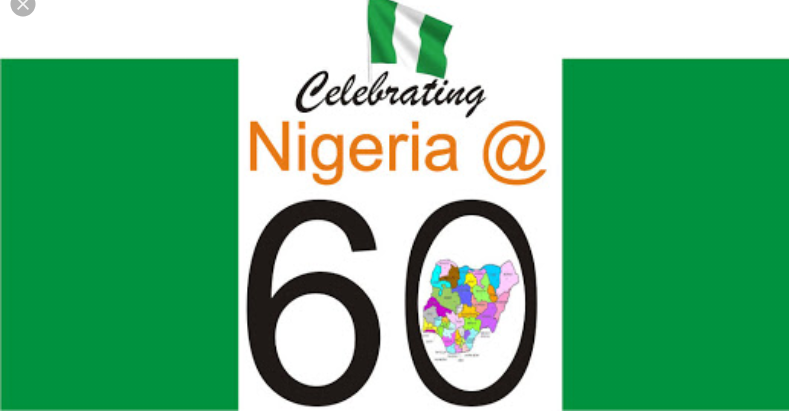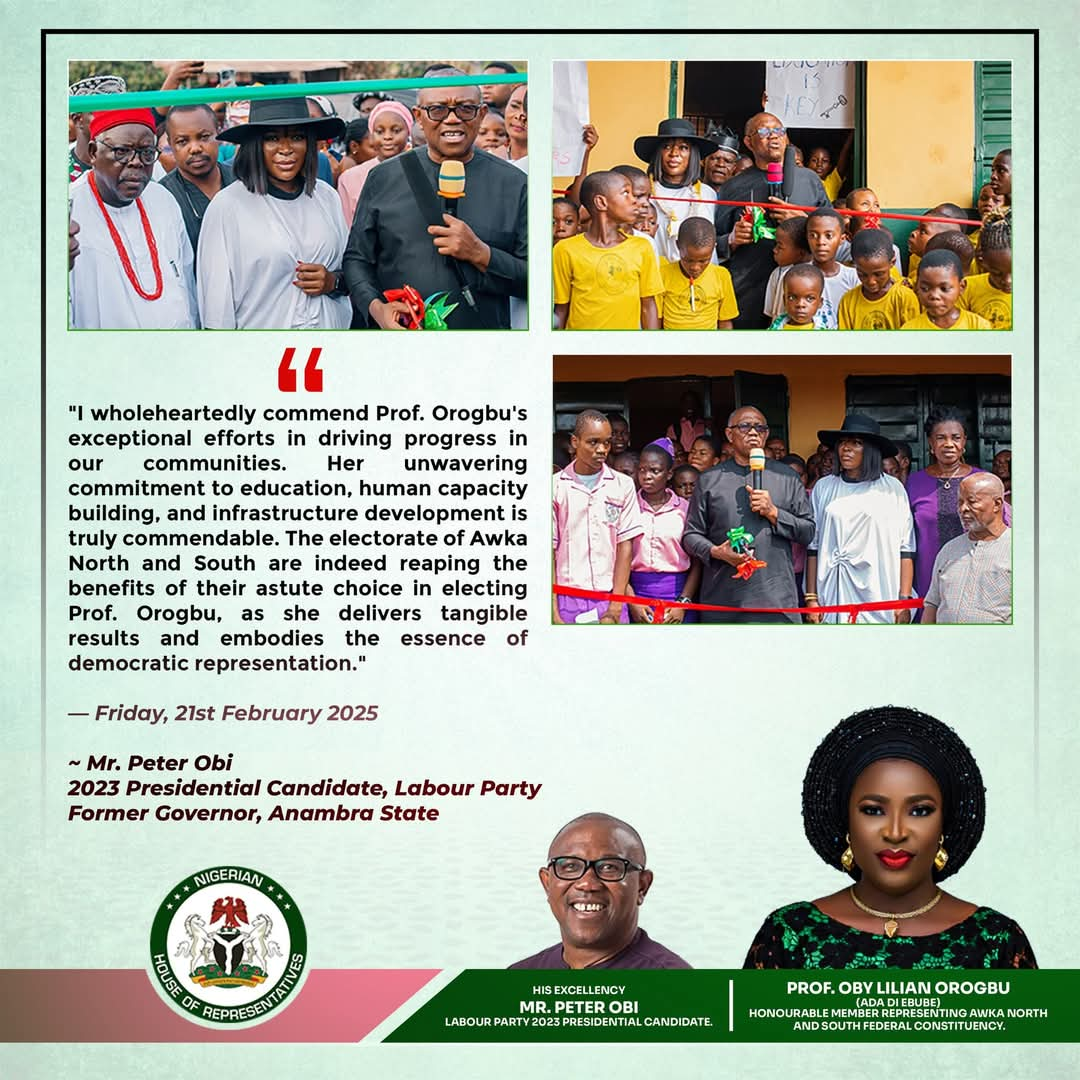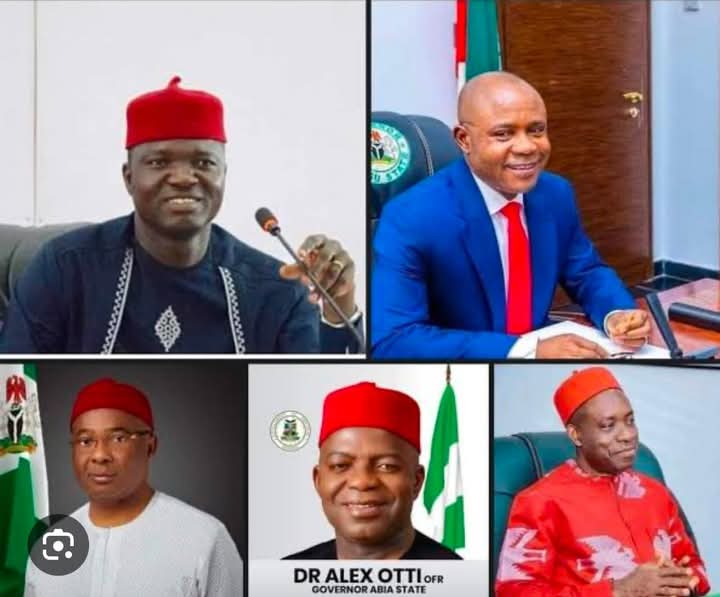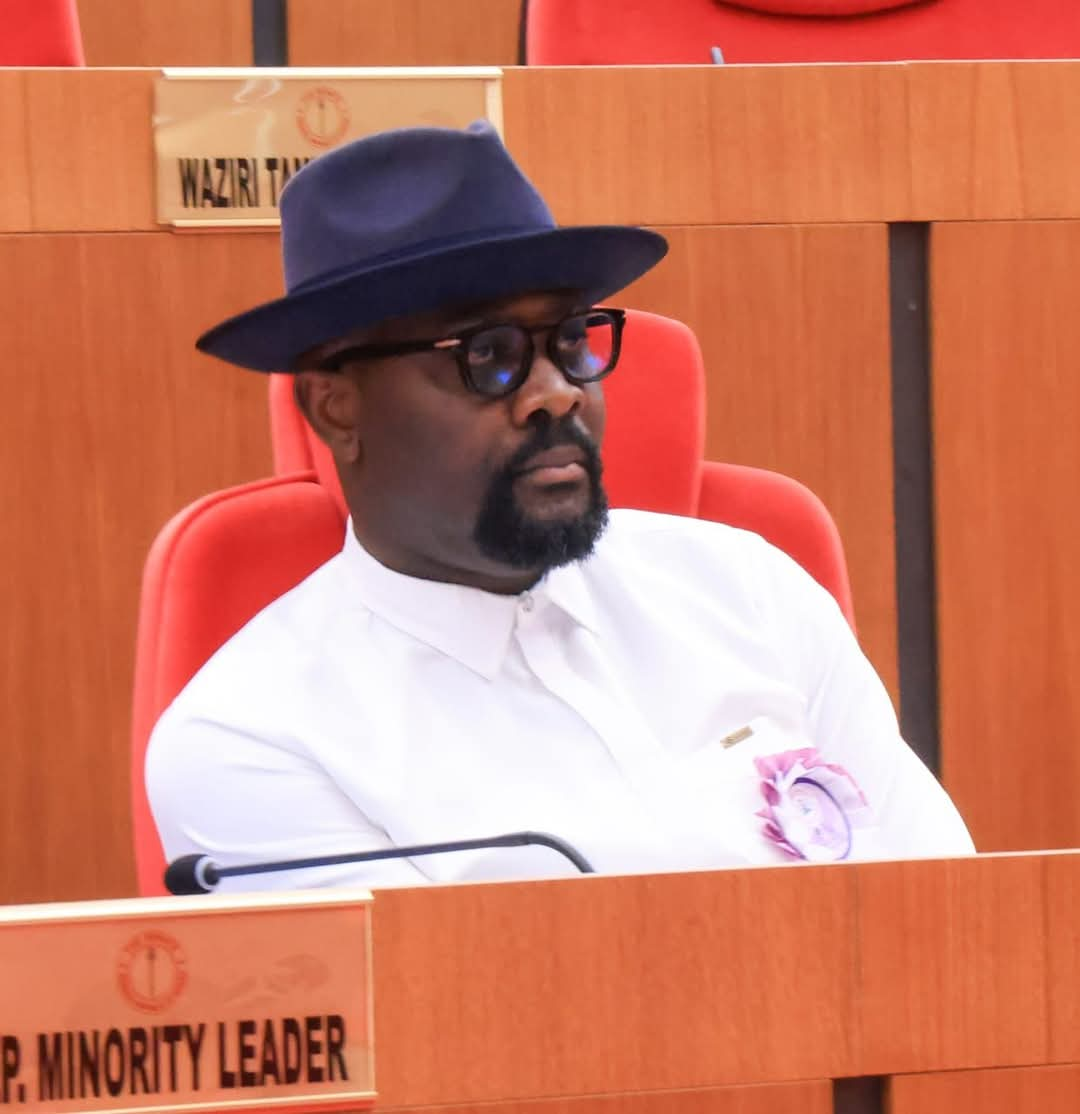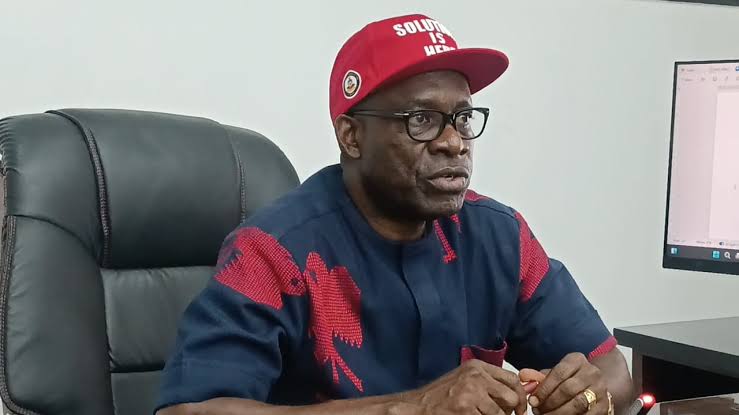Nigeria @ 60: Revisiting the Nigeria social contract
Titi Sanni
There is a local saying that if one compares children, some may be beaten to death. This perhaps best captures the sentiment Nigeria evokes put side by side with post-independence contemporaries. Nigeria at independence was a vibrant promising entity that was on a clear path to economic prosperity. The air of optimism on what the future held could not be mistaken with each of the geographical regions having carved out their niche in mainstay agricultural production.
The enthusiasm that greeted the independence was a validation of the commitment of Nigerians to take their destiny in their own hands and join forces to nurture a new country on the path to delivering on the dividends of independence.
Fast forward 21st century, Nigeria records 45% of its population living in extreme poverty according to a recent Bretton Woods report. It is easy for anyone with a modicum of decency to become frustrated with the current situation. The country is drowned in the conundrum of failing political and economic institutions such that it may come to a point of disintegration or preference for the breakdown of law and order in an effort to reset as happened in other jurisdictions.
Quite naturally, the new century evolves progressively with new levels of expectations. There is much more to demand from political leadership, the same way there is a lot to ask from citizens. Nonetheless, the social contract pendulum swings more toward the latter.
Most societies evolved from the largely monarchical and autocratic system where the ruler was supreme to a modern system where rulership is replaced with leadership and everyone is deemed subject to the rule of law. While the system allows for some immunity to shield from distractions on civil matters, modern-day leaders get convicted when short on moral and criminal grounds. However, as the rest of the world evolves in this social balancing, Nigeria appears to drawback.
In the Nigeria of 2020, despite evident mismanagement which keeps the country poor, it remains mirage to question leadership over their time in power. In other climes, the first step to reset for prosperity was to bring past leaders to justice on how they have handled resources during their time. Ghana, South Korea, Egypt, South Africa, the United States are few among countries that have tried and sometimes handed down convictions and jail terms for bad leadership.
Except as a decoy for military take-over, Nigerian political leaders have remained reverently above the law. With a rigged judicial system and lack of will to revamp, anything can be explained away.
Ours is the country with fine human resources, we have proved to date incapable of fostering a system of free and fair elections, a situation which makes it impossible to match the true will of the people with the quality of leadership.
We are woefully blinded by religion and ethnicity to our detriment. Any group of people who place meritocracy below these paltry and bias considerations set the recipe for a rigged system. Such people are quick to resign to predestination and clannish prejudices.
Denmark, Sweden, Norway, The Netherlands, and Switzerland are five of the top ten countries said to be the best places to live in the world. Yet these are five of top ten whose adults most describe themselves as an atheist. Nigeria with all her overt religiosity and spirituality ranks significantly high as a poverty zone of the world.
In any system that does not operate on merit, there exist vested interests that profit from prejudices and will do everything to perpetuate themselves. In Nigeria, these interests see government apparels as their only source of accumulating wealth and status. They create a rigid leadership unwilling to commit to the strengthening of the rule of law and accountability.
These socio-political cabals live solely in the moment. Instead of saving and catering for the future, they borrow from it. They are threatened by the freedom of speech and the development of the human index. They lay siege both within and outside government and hurl vile attacks against anyone who dares to speak against the status quo. The sparse voices of education and reasoning are very quickly drowned by the forces of political hooligans.
The inverse relationship between our fine human resources and the quality of our leadership is more worrisome considering the fact that few times, individuals with appreciable personal accomplishments who are political outsiders have brought themselves forward for election or attempted to cause a new political movement. Sadly, they have been dwarfed by damning voter apathy or the buying power of political moneybags. Current elections never really reinforce the hope for a new beginning.
There is a gross disconnect between our leadership and the citizens. People would rather provide for own amenities than supervise the process that delivers good governance and prosperity. They are oblivious of the need to ensure that the right people get elected just the same way we hire managers for our businesses because they impact similarly.
As a solution, we need to review our contract. Nigerians must be prepared to look at their adversary in the eye and reset destiny. Providence rarely occurs. We cannot languish in the human index and wait unto divinity.
It is apt to draw from the examples of prosperous countries that take political leadership very seriously and Hong Kong offers a suitable current reference. Over the past several months, a critical section, mostly youth among the people of Hong Kong have taken to the street in protest against their government on principles bordering on social welfare and repulsion of influences from China. Hong Kong is a country with GDP per capita of $48,451.00 in 2018 (pre-protest) at the same time that Nigeria’s was only $2,033.00. By all standards, Hong Kong had far much higher living standards that Nigeria could not compare. Yet the people did not waver in taking their leadership to the task at the risk of aggression. In contrast, it is pathetic for Nigerians to agonize in abject poverty yet incapable of thinking above our complacency and vexing to the point of staking everything.
Mediocrity persists because informed people refused to form themselves into a critical mass and have no desire to stimulate change. Instead, they prefer to either flee the country legally, thereby draining the brains needed to put things right or sneak out, thereby regurgitate the second class mentality which had passed with slavery.
Nonetheless, by sheer providence, Nigeria has witnessed flashes of progressive leadership that needs to be consolidated upon. We need to be deliberate to consistently raise the bar of leadership both at national and sub-national levels. At the risk of stirring disaccord in opinions, there are few States in Nigeria whose current leaderships are perceived as progressive and are therefore attracting the right type of economic gravity. The States are favorably disposed to open the budget. They have improved collaboration with the private sector and lead homegrown initiatives to improve the living standard of their people. Evidently, they gradually become investment destinations and economic hubs in their respective regions.
These governors, in their foresight, have also been strictest advocates of child education, setting aside substantial part of their budget on education.
They seek to automate processes to avoid undue influences.
To foster healthier competition among States, the Nigerian Bureau of Statistics should project more data on the performance of subnational economies, some of which are geographically larger than countries.
By its simple definition, Social Contract provides that a people’s moral and political obligations are dependent upon contract or agreement among themselves to form the society they live in. Put differently, it states implicit obligations between people and their leadership. We, as people, must, therefore, take our civic duties seriously at the only solution to our autocratic leadership.
Starting with the need to sanitize our electoral system, the elites must form into a critical mass and rally in strength to advance ideas of equality. We must improve in civic advocacy and the quality of our political engagements. We must see the duty of participating in elections much the same way we hire managers for our personal resources for which accountability is key.
We must be concerned enough to cause radical changes in the institutions of government and bring about the type of society we truly desire. We must redefine the perception of political leadership to reflect stewardship.
As Nigerians, we must identify with a common destiny and commit to stimulate mutual growth and development. We must improve personal commitments to the development of our human index as a means to serve God. For instance, instead of feeding street begging, we should commit the handouts to educate indigent students and stimulate a new way of thinking especially among the youth population. We should cast street vagabonds away into our dungeons.
In our individual lives, we should commit to doing at least one thing better each day and ready ourselves for what it takes to constantly change the narratives in the hope for the best which is yet to come.
Sanni is a Lagos-based non-interest banker

